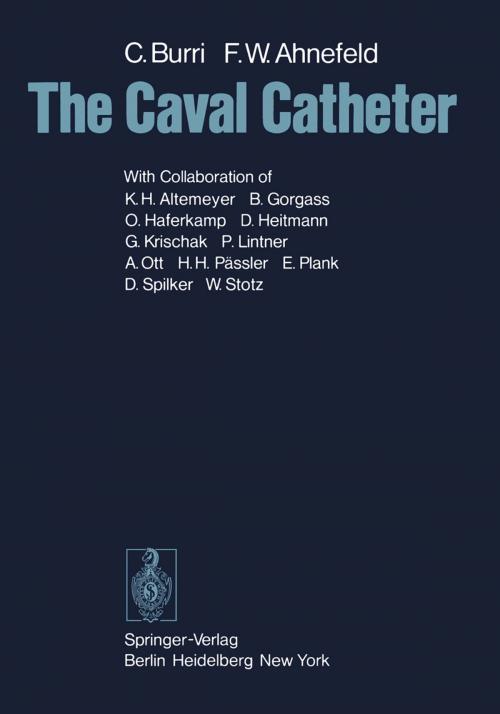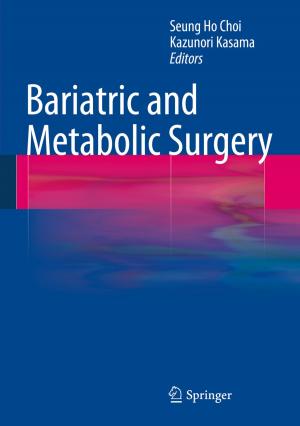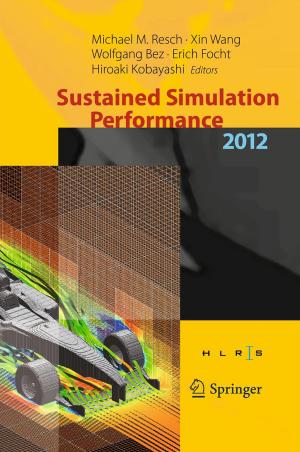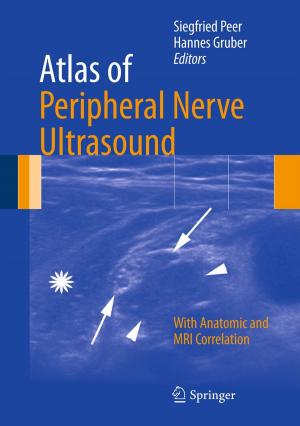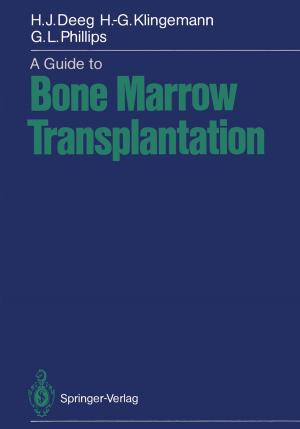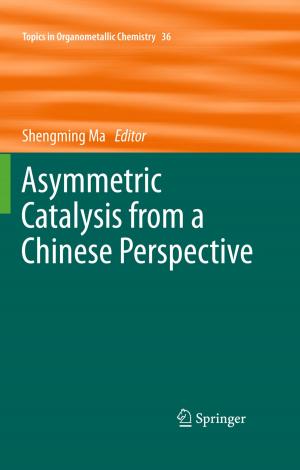| Author: | C. Burri, K.H. Altemeyer, B. Gorgass, Friedrich W. Ahnefeld, O. Haferkamp, D. Heitmann, G. Krischak, P. Lintner, A. Ott, H.H. Pässler, E. Plank, D. Spilker, W. Stotz | ISBN: | 9783642668340 |
| Publisher: | Springer Berlin Heidelberg | Publication: | December 6, 2012 |
| Imprint: | Springer | Language: | English |
| Author: | C. Burri, K.H. Altemeyer, B. Gorgass, Friedrich W. Ahnefeld, O. Haferkamp, D. Heitmann, G. Krischak, P. Lintner, A. Ott, H.H. Pässler, E. Plank, D. Spilker, W. Stotz |
| ISBN: | 9783642668340 |
| Publisher: | Springer Berlin Heidelberg |
| Publication: | December 6, 2012 |
| Imprint: | Springer |
| Language: | English |
The application of the caval catheter in emergency medicine and intensive care has today become routine. Generally, even in severe shock this route of access to the cardiovascular system is available in order to apply life saving volume substitution. It also permits longterm infusions in modern intensive care, particularly continuous administration of high-osmolarity solutions in par enteral nutrition. In both fields it represents one of the most important diagnostic parameters of circulatory disorders, enabl ing the registration of central venous pressure. Its undeniable advantages are counterbalanced by the dangers inherent in all invasive methods. Since sufficient experience and precise sta tistics are now at our disposal, the time has come for a provisional survey. While a few years ago it was considered mandatory to propagate the central venous access in order to advance new therapeutic and diagnostic methods, it is now necessary to recon sider and reformulate indications for its use. In this task it is essential to weigh the expected advantages against the possible complications in each and every case of catheter application. Cri tical scrutiny must include evaluation of techniques, approaches, and finally catheter materials; this paper presents the results of such a survey. The physician is hereby given the opportunity of being completely informed of evaluating the validity of his standard procedures. VIm, April 1977 C. BURRI F. W. AHNEFELD Table of Contents I. Introduction. . . . . . . . . 1 II. Indications for Caval Catheter 3 A. Caval Catheter in Emergency Situations 3 B.
The application of the caval catheter in emergency medicine and intensive care has today become routine. Generally, even in severe shock this route of access to the cardiovascular system is available in order to apply life saving volume substitution. It also permits longterm infusions in modern intensive care, particularly continuous administration of high-osmolarity solutions in par enteral nutrition. In both fields it represents one of the most important diagnostic parameters of circulatory disorders, enabl ing the registration of central venous pressure. Its undeniable advantages are counterbalanced by the dangers inherent in all invasive methods. Since sufficient experience and precise sta tistics are now at our disposal, the time has come for a provisional survey. While a few years ago it was considered mandatory to propagate the central venous access in order to advance new therapeutic and diagnostic methods, it is now necessary to recon sider and reformulate indications for its use. In this task it is essential to weigh the expected advantages against the possible complications in each and every case of catheter application. Cri tical scrutiny must include evaluation of techniques, approaches, and finally catheter materials; this paper presents the results of such a survey. The physician is hereby given the opportunity of being completely informed of evaluating the validity of his standard procedures. VIm, April 1977 C. BURRI F. W. AHNEFELD Table of Contents I. Introduction. . . . . . . . . 1 II. Indications for Caval Catheter 3 A. Caval Catheter in Emergency Situations 3 B.
